Ukraine has one million troops ready for fightback to recapture south
Ukrainian defence minister Oleksii Reznikov says the military has been ordered to retake coastal areas vital to the country’s economy.
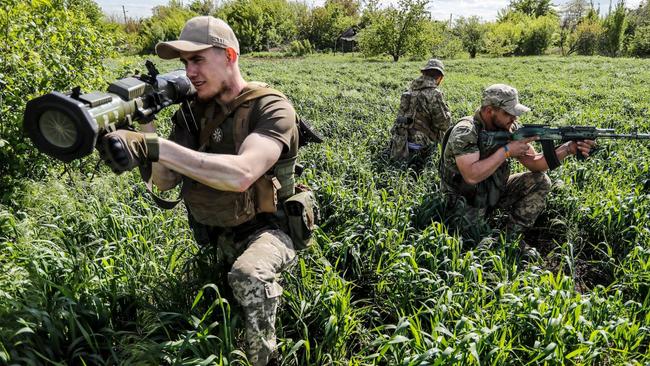
Ukraine is massing a million-strong fighting force with western weapons to recover its southern territory from Russia, the nation’s defence minister has revealed to The Times.
In his first interview with a British newspaper since the invasion began, Oleksii Reznikov said President Volodymyr Zelensky had ordered Ukraine’s military to retake coastal areas vital to the country’s economy.
“We understand that, politically, it’s very necessary for our country. The president has given the order to the supreme military chief to draw up plans. After that the general staff are doing their homework and say to achieve this goal we need XYZ,” he said.
“This is my job. I’m writing letters to counterparts in partner countries, the generals talk about why we need this kind of weaponry and then we get the political decisions.”
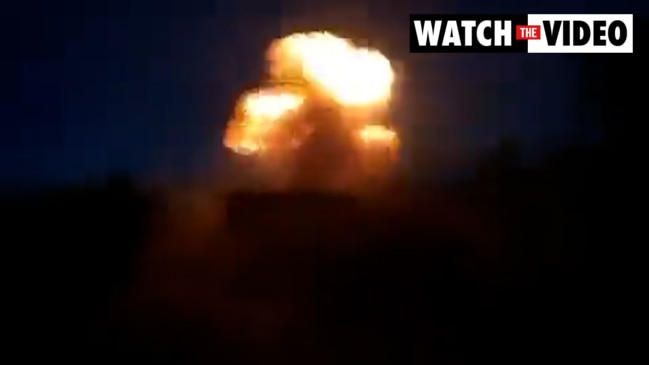
Ben Wallace, Britain’s defence secretary, was key to helping to shift the approach from providing Soviet equipment to NATO standard 155mm artillery, guided multiple-launch rocket systems and high-tech drones, he said. The intensity of the war is rapidly depleting Soviet-era stockpiles.
“It was a long process, a month-and-a-half, but we got a result. Ukraine had Soviet-era weapons and 30-year-old doctrine. We changed this in three months.”
Reznikov, 56, said he was satisfied with support from NATO partners but not with the pace of deliveries. “We need more, quickly, to save the lives of our soldiers. Each day we’re waiting for howitzers we can lose a hundred soldiers.”
Western countries were stepping up arms supplies now because Ukrainians had proved that they could fight, he said.
NATO had underestimated their determination and overestimated Russian strength. “I tried to explain that after eight years of hybrid war we have more than 400,000 veterans plus their relatives in different parts of the world,” he said.
“Workers from Poland to Portugal decided to return to Ukraine to defend their country.”
As the Russians advanced on Kyiv in February, his government distributed 21,000 Kalashnikov assault rifles to people signing up for Kyiv’s territorial defence in two days. By the tenth day 130,000 Ukrainians had joined across the country.
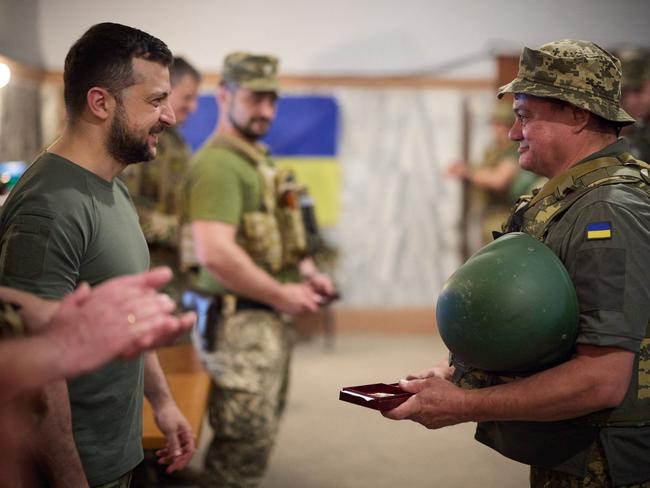
Ukraine’s recent withdrawals from two cities in the Luhansk region, Severodonetsk and Lysychansk, were tactical losses necessary to save lives rather than strategic defeats, he said.
The democratic world had united to defeat Russia and this war would finally end its empire, he said.
Even Russian president Vladimir Putin’s old alliances with Hungary and Kazakhstan were splintering, he added, pointing to Kazakhstan president Kassym-Jomart Toqayev’s pledge to uphold sanctions on Russia, prompting a trade war between the two largest former Soviet states.
“I’m sure that in the next few years we will see a procession of calls for sovereignty on Russian territory. The Russian Federation will finish its life as different countries: Tatarstan, Bashkortostan, etc.”
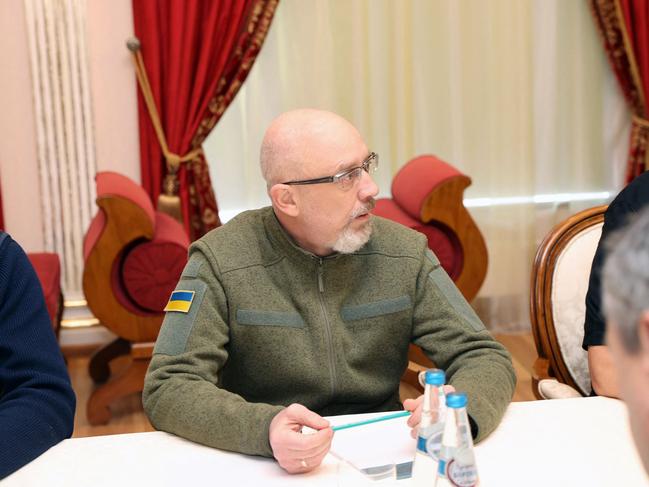
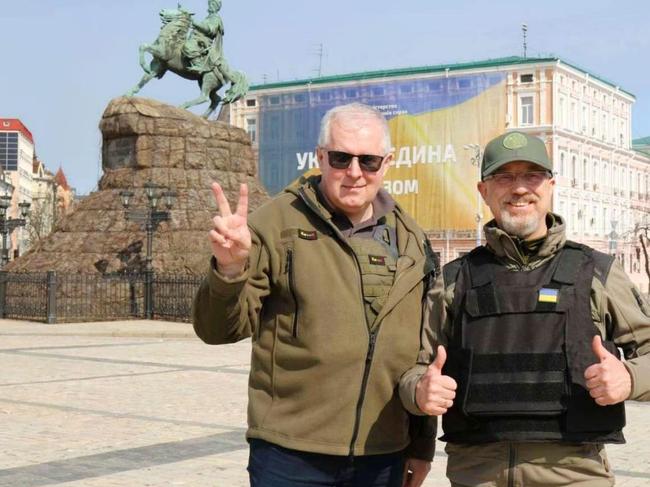
Reznikov, a career lawyer, came to politics driven by a strong sense of justice. During the 2004 Orange Revolution he and his law firm partner, Serhii Vlasenko, joined the legal team of the poisoned opposition candidate Viktor Yushchenko, as they sought to overturn the fraudulent presidential election of the pro-Kremlin Viktor Yanukovych.
After the Euromaidan revolution in 2014, he agreed to join the heavyweight boxing champion Vitali Klitschko on the Kyiv city council. He was later drawn into negotiations with Russia over the fate of occupied Donetsk and Luhansk in an effort to highlight his Alternative Dispute Resolution practice.
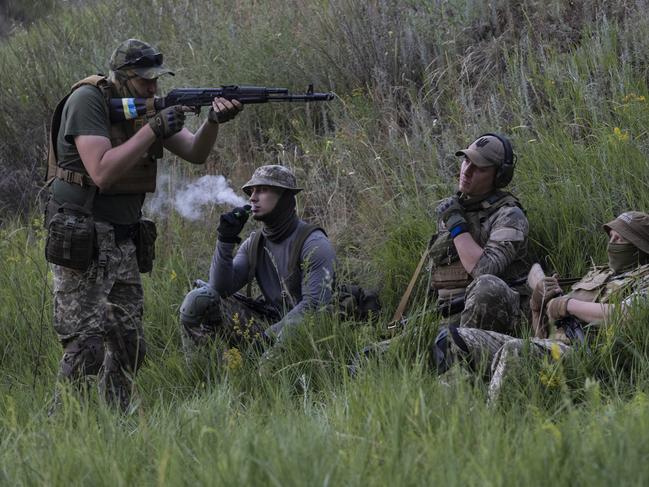
As a former soldier in the Soviet airborne forces, where he learnt to parachute, dive and shoot a sniper rifle, he thought he would be able to negotiate with former Russian comrades. He soon learnt that they were paralysed by fear of Putin, he said.
“When I’m a negotiator I have a mandate but I have flexibility to manoeuvre, to bargain, to try to find a solution for all sides, to try to persuade them there is a win-win situation.
“I know my president will back me up. Their side is inflexible: it’s like they have an FSB officer’s gun to their temples. They have a narrative that was signed by the president of Russia, so they will go down this unreal propaganda track. They are not going for compromise.”
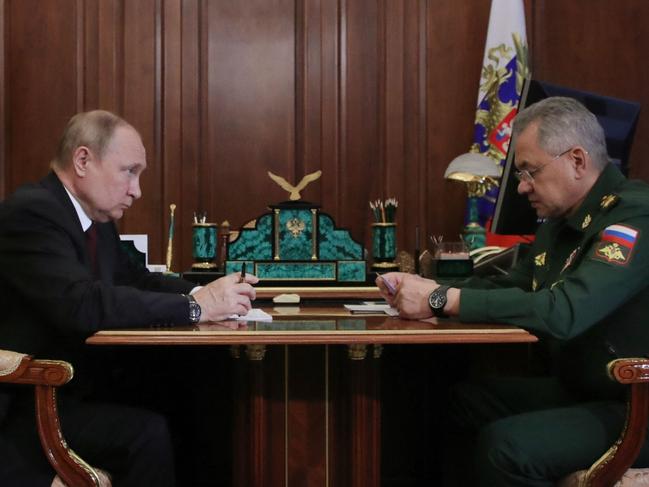
When Zelensky offered him the ministerial position in November 2021 it came as a surprise to him and his family. He is married to Yulia Zorii, 36, a presenter on a popular Ukrainian morning TV show, and has two children, a daughter aged 32 and a son aged 18 from a previous marriage. He has two young grandchildren aged two and seven.
He said: “I still believe I’m not a politician, I’m trying to see myself as a public servant. When I was appointed, I made a deal with General Zaluzhnyi [Ukraine’s forces chief]. I told him I’m a lawyer, I’m not a military commander. Tell me what you need to defend our country better, I will try to find it, I will try to persuade our partners to give us these things.”
The Russian army’s behaviour in Ukraine, slaughtering civilians, pillaging their homes and raping and executing women and children, had helped him to make his case, he said. Evidence of mass killing in Bucha, the first of dozens of towns liberated by Ukrainian forces, had helped the world to realise what the Ukrainians were fighting for.
“After Bucha people in other countries understood that the Russian army is an army of rapists, looters and murderers,” he said. “They live in a world of different values, they believe in the right of force: whoever has more power is right. They want to rebuild the Berlin wall. We are defending the eastern wall of the European civilisation and democratic values.”
This was the argument he had made to Ukraine’s partners, he said, channelling Winston Churchill’s plea to the Americans for military aid before they entered the Second World War. “Give us the tools, we will finish the job.”
The Times

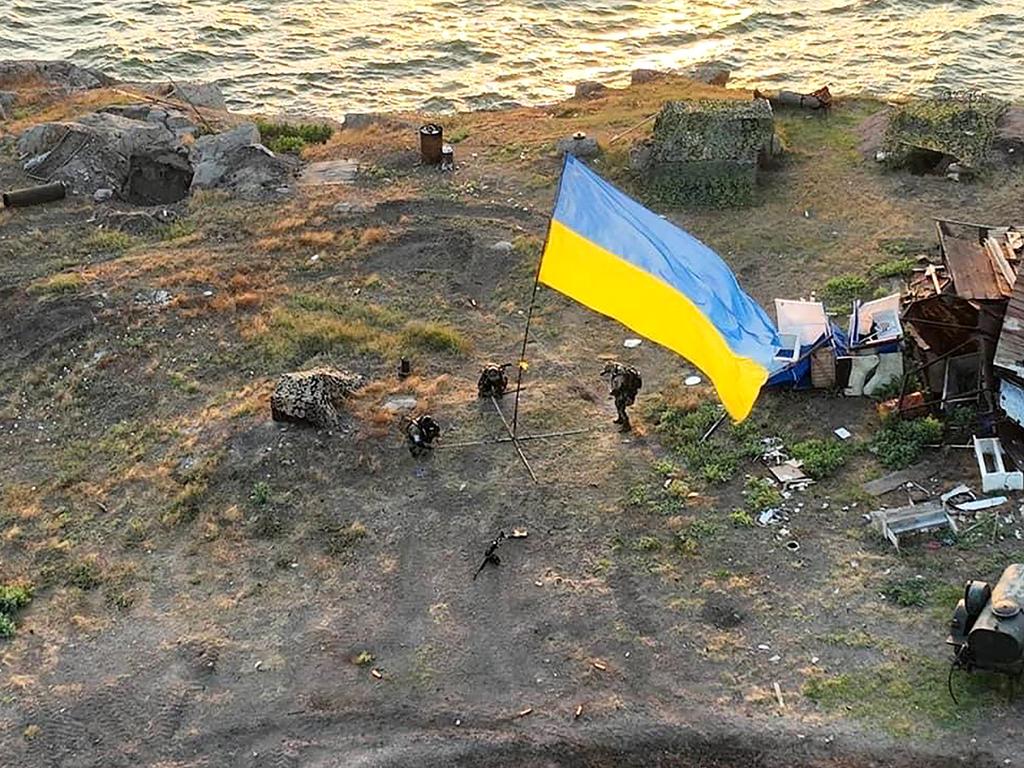


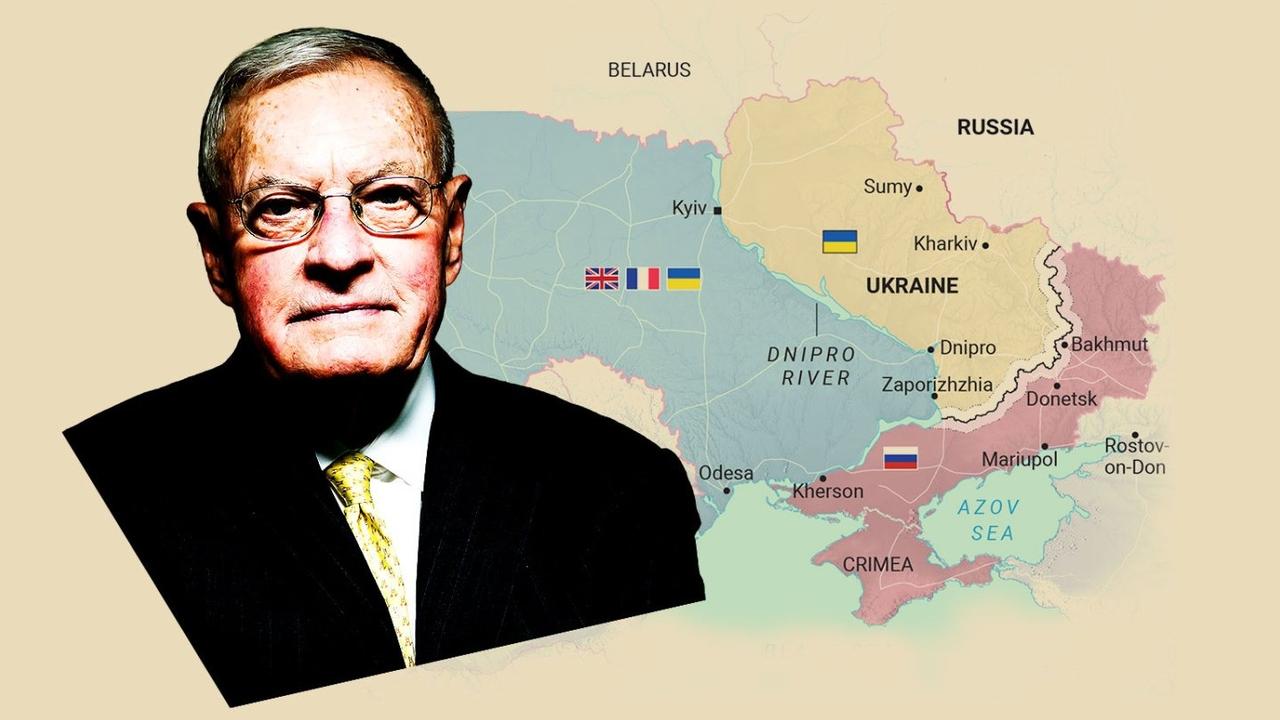
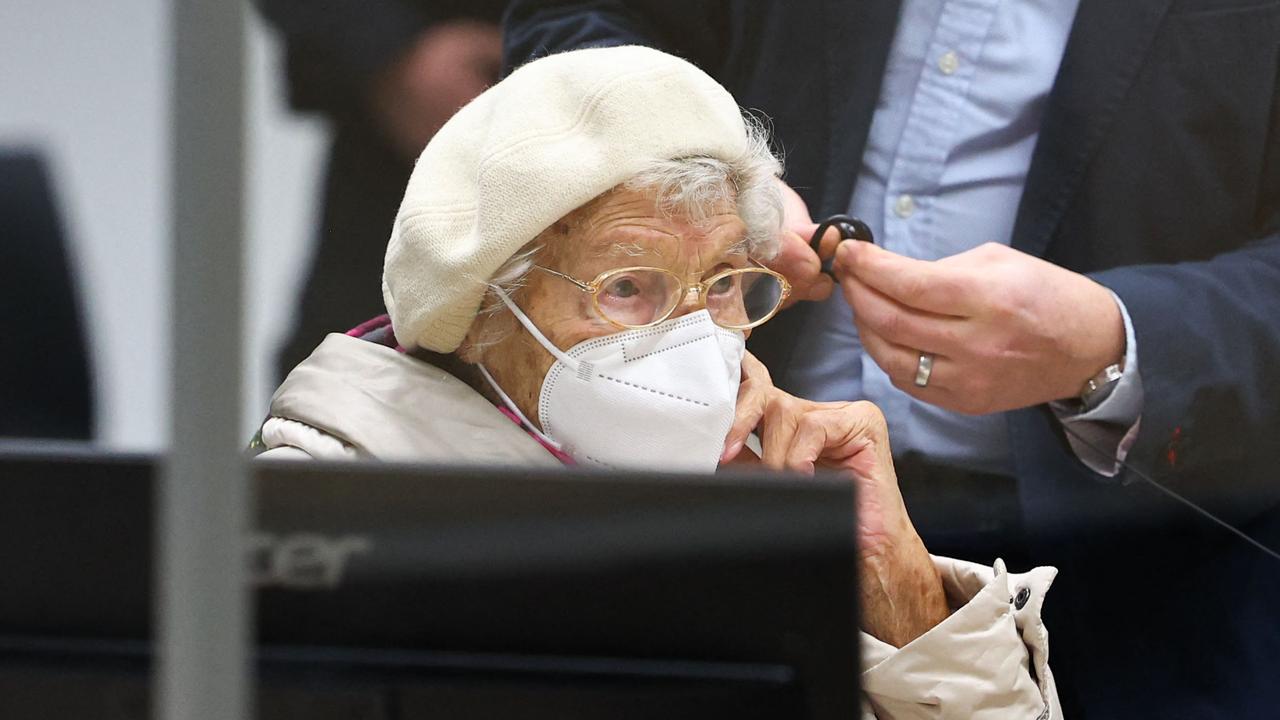
To join the conversation, please log in. Don't have an account? Register
Join the conversation, you are commenting as Logout